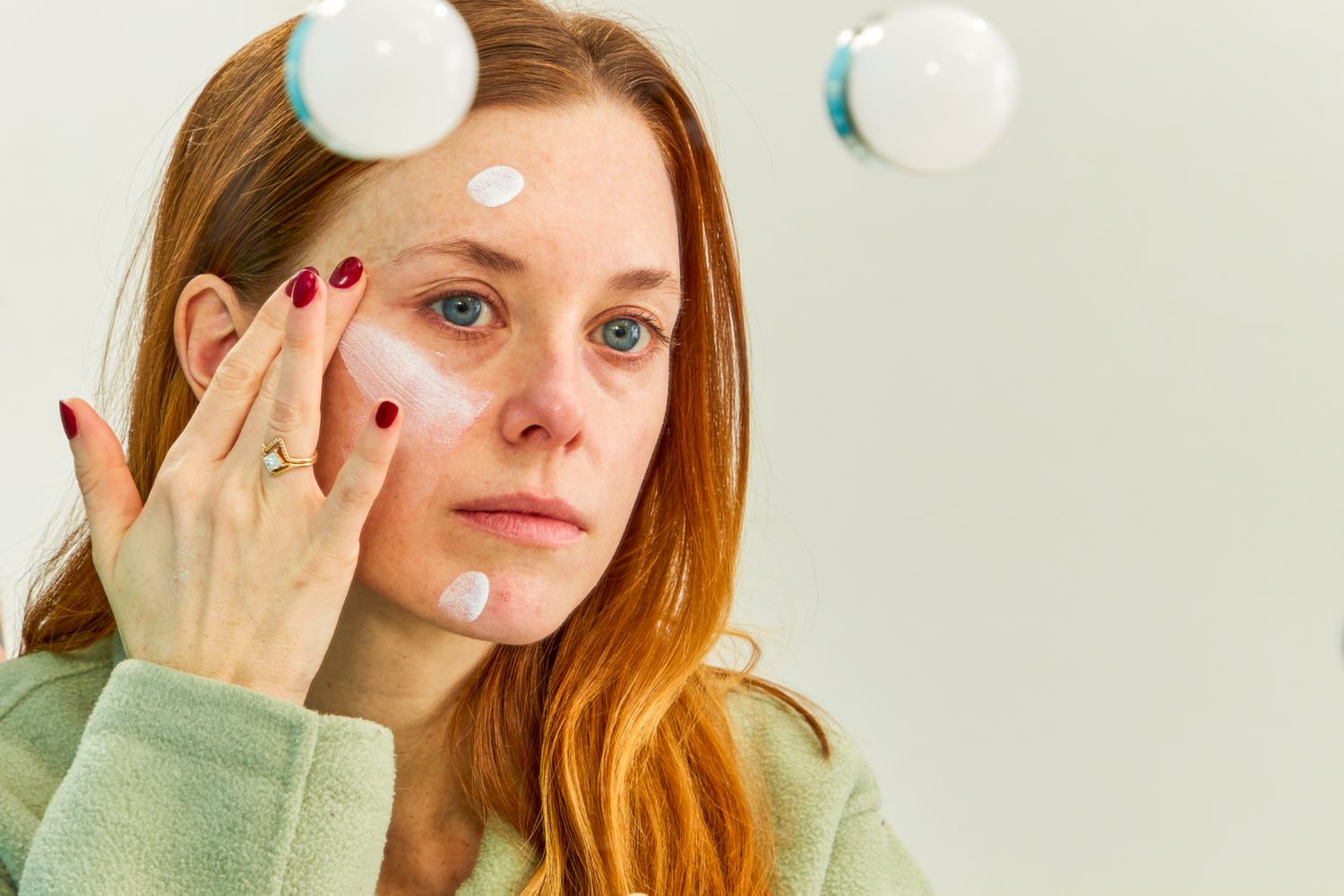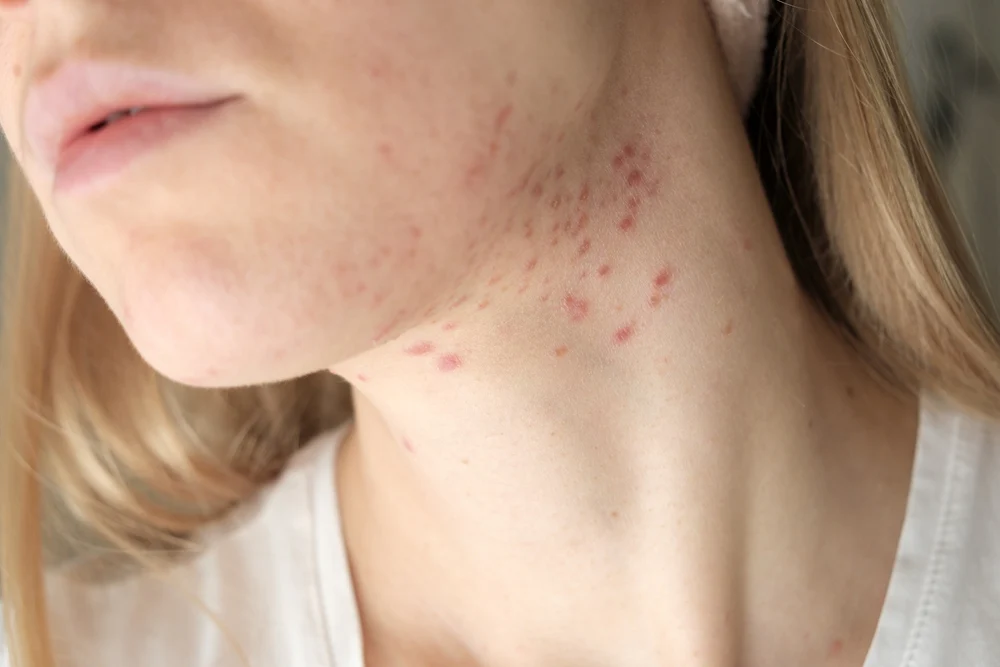Acne, a common skin condition that affects millions of people worldwide, can be a source of frustration and self-consciousness. Whether you’re a teenager grappling with hormonal changes or an adult dealing with persistent breakouts, understanding and adopting effective skincare strategies is crucial for achieving clear and healthy skin. This article explores a comprehensive approach to acne prone skin care, encompassing preventive measures, daily routines, and specialized treatments.
Understanding Acne:
Before diving into skincare strategies, it’s essential to comprehend the factors contributing to acne. The primary culprits are excess oil production, clogged pores, bacteria, and inflammation. Hormonal changes, genetics, and lifestyle factors also play significant roles. Armed with this knowledge, individuals can tailor their skincare routines to address these specific issues.
Gentle Cleansing:
The foundation of any effective skincare routine for acne prone skin is a gentle cleanser. Harsh cleansers can strip the skin of its natural oils, triggering an overproduction of sebum to compensate. Opt for a mild, fragrance-free cleanser that removes excess oil, dirt, and makeup without causing irritation. Cleansing twice a day—morning and night—helps maintain a clean canvas for other skincare products.
Choosing the Right Ingredients:
The skincare market is flooded with products claiming to combat acne. However, not all ingredients are created equal. Look for products containing salicylic acid, benzoyl peroxide, or alpha hydroxy acids (AHAs) like glycolic acid. Salicylic acid penetrates pores, removing excess oil and preventing acne, while benzoyl peroxide kills acne-causing bacteria. AHAs exfoliate the skin, promoting cell turnover and preventing pores from becoming clogged.
Hydration is Key:
One common misconception is that people with acne should avoid moisturizers. In reality, hydration is crucial for all skin types, including acne prone skin. Opt for oil-free, non-comedogenic moisturizers to keep the skin hydrated without clogging pores. Well-hydrated skin is more resilient and better able to withstand acne treatments without excessive dryness or irritation.
Sun Protection:
Sun exposure can worsen acne and leave dark marks on the skin. Incorporate a broad-spectrum sunscreen with at least SPF 30 into your daily routine, even on cloudy days. Sunscreen not only protects the skin from harmful UV rays but also prevents post-inflammatory hyperpigmentation, a common issue for those with acne prone skin.
Healthy Lifestyle Habits:
Skincare is not just about external treatments—it also involves adopting a healthy lifestyle. Diet, exercise, and stress management can significantly impact the skin. Studies suggest a link between high-glycemic diets and acne, so incorporating more fruits, vegetables, and whole grains may be beneficial. Regular exercise improves blood circulation, promoting healthy skin, while stress reduction techniques, such as meditation or yoga, can minimize hormonal fluctuations that contribute to acne.
Avoiding Common Pitfalls:
In the quest for clear skin, individuals often fall prey to common mistakes. Over-exfoliation, for instance, can strip the skin’s protective barrier, leading to increased sensitivity and breakouts. It’s crucial to introduce new products gradually, allowing the skin to adjust. Additionally, resist the temptation to pick at blemishes, as this can lead to scarring and prolonged healing.
Specialized Treatments:
For persistent or severe acne, consulting a dermatologist is advisable. They can prescribe topical or oral medications tailored to your specific needs. Retinoids, derived from vitamin A, are potent agents for preventing acne and promoting skin renewal. Oral antibiotics may be recommended for bacterial control, and hormonal therapies can be effective for certain types of acne, especially in women.
Incorporating a Consistent Routine:
Consistency is key in skincare. Establishing a routine and sticking to it allows products to work synergistically, yielding better results. Start with a basic routine and gradually introduce additional products as needed. Patience is crucial; it takes time for skincare products to show their full effects, and expecting immediate results may lead to frustration and abandonment of an otherwise effective routine.
Holistic Approaches to Acne Prone Skin Care:
Beyond topical treatments, holistic approaches can contribute to overall skin health. Adequate sleep, for example, promotes cell regeneration and hormonal balance. Silk pillowcases can reduce friction and irritation, preventing further breakouts. Regularly cleaning makeup brushes and avoiding pore-clogging cosmetics are essential steps in maintaining a clear complexion.
The Psychological Impact of Acne:
Acne doesn’t just affect the skin; it can also take a toll on mental health. The visible nature of acne can lead to feelings of self-consciousness and lowered self-esteem. Seeking support from friends, family, or a mental health professional is crucial. Developing a positive mindset and understanding that acne is a common, treatable condition can significantly impact one’s emotional well-being.
Conclusion:
Navigating acne prone skin requires a multifaceted approach that combines science-backed skincare practices with healthy lifestyle habits. By understanding the root causes of acne and adopting a consistent and personalized routine, individuals can empower themselves to achieve clear and healthy skin. Remember, everyone’s skin is unique, so it may take some experimentation to find the perfect combination of products and practices that work for you.


